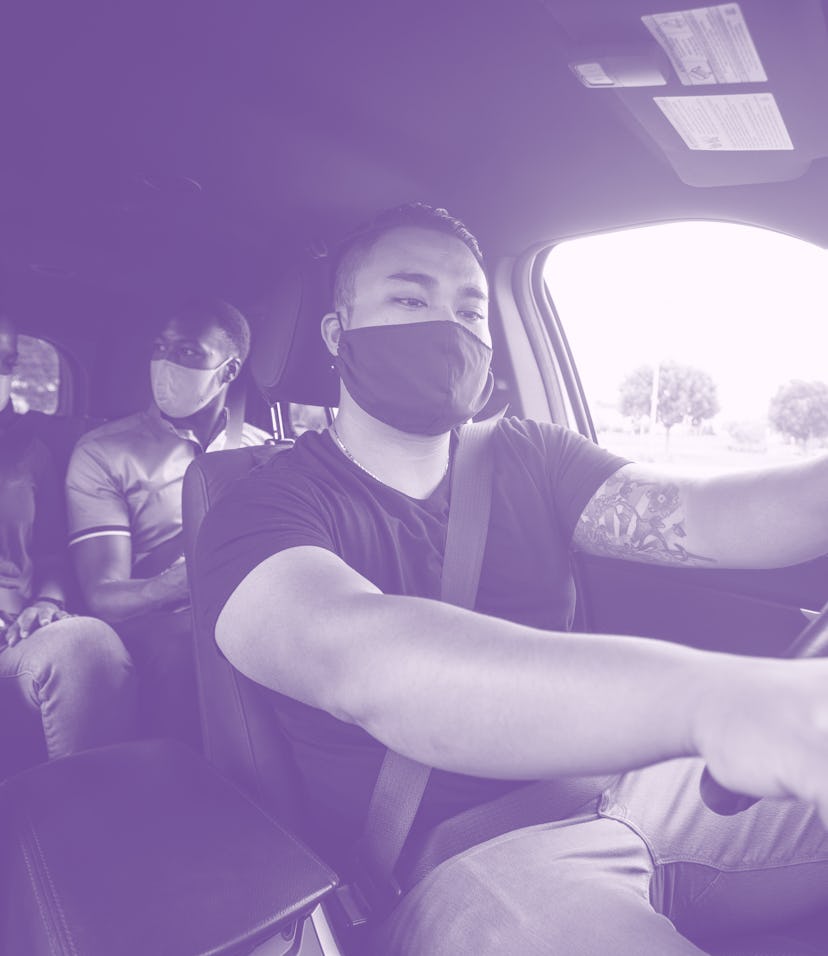Labor
California ruling forces Uber and Lyft to extend employee benefits to drivers
“The years-long ploy of these behemoth corporations to stall, obfuscate and flat-out break the law has failed.”
Art Pulaski, head of the California Labor Federation/Bloomberg Law

On Monday, a judge determined that Uber and Lyft drivers are not independent contractors, as the companies love to claim. The new ruling would have the practical duopoly shift their California drivers to employee status, which would include a slate of benefits.
Bloomberg Law reports that both rideshare companies will appeal the decision and are putting their weight behind a ballot measure that presents a middle ground between the two extremes (as well as a lower price tag).
Not going down without a fight — Confirming California lawmakers' and officials' stance that rideshare drivers deserve benefits, the judge’s ruling is hardly a surprise. It upholds California Assembly Bill 5, sometimes called The Gig Worker Bill or A.B. 5, which went into effect in January. Rideshare and food delivery startups have been fighting this legislation from the jump, and they show no signs of quitting while continuing to violate passed legislation.
Uber and Lyft will appeal this decision, but they’re not putting all their focus on the courts. Along with DoorDash, Instacart, and fresh Uber acquisition, Postmates, have also funneled a total of $110 million into a ballot measure Californians will vote on this November that could make them exempt from A.B. 5. Instead, they would offer employees wages above minimum wage, healthcare subsidies for those who work more than 15 hours a week, multiple layers of accident and liability insurance, and common sense “perks” like a safety cap on driving hours, according to The Verge.
Disruption is a circle — Uber and Lyft fit the “disruptor” class of Silicon Valley startups that inevitably loop back around to emulating the disrupted industry. Prior to their existence, taxi companies often came up as the villains and the drivers were independent contractors slowly paying off their cabs while rising fares didn’t necessarily equate to bigger paychecks.
Once rideshare companies started to scale upwards, these tried and true exploitative business practices returned. Unlike the various taxi companies of yore, Uber and Lyft’s heydays arrived in a world of 24-hour (or less) news cycles and the public gaze of social media. These are no longer hidden machinations keeping workers in what — even before the pandemic — can be a dangerous job without medical benefits.
The fact that these companies are open to conceding some benefits to their workers underscores just how much they don’t want to open themself up to the cost and tax scrutiny of reclassifying them to employees.